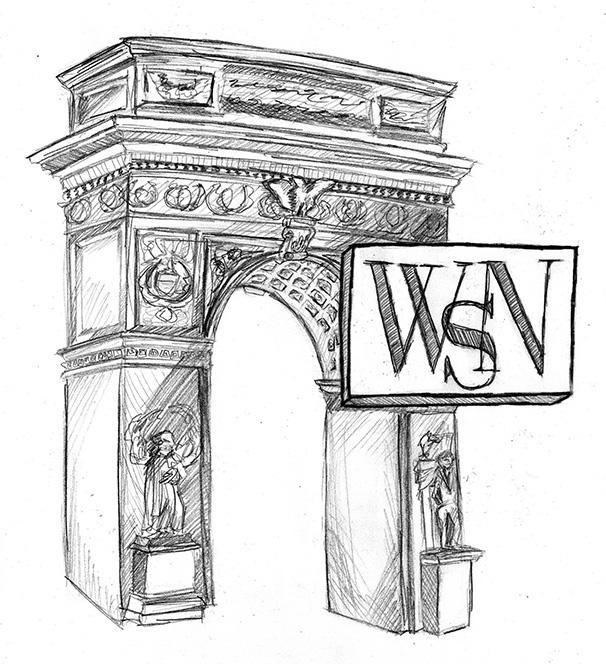Let’s Shed Light on Addiction Services at NYU
February 5, 2018
While NYU offers numerous addiction services, they are difficult to find since they’re not listed under NYU’s campus or student resources. Although NYU has zero tolerance for illegal substances on campus, it should remain aware of the fact that many still struggle with substance abuse and addiction. Therefore, treatment services should be made much more visible. Resources available for students battling addiction include support groups and a sober living community; however information on the groups is difficult to find and the sober living community has limitations. Students who need these services should not have to search for help, but rather should have help made available to them at the beginning of their time at NYU.
Substance abuse and addiction is highly prevalent on college campuses, but many of the symptoms go undetected and are instead written off as a part of college culture. Common symptoms of substance abuse are drastic changes in grades and academic performance, unexplained changes in behavior and recurring memory loss — what many students call “blackouts.” On average, 31 percent of college students report symptoms of alcohol abuse. In addition, on an average day in 2016, 11,338 full-time college students used cocaine, 9,808 students used hallucinogens and 4,570 used heroin. The need for recovery services is evident, and NYU does offer resources for students struggling with addiction or mental illness, but hardly anyone knows about them.
There are two weekly groups that meet to help students with their recovery. Recovery and Me is a group for sober students who meet weekly, and offers an opportunity to speak openly about substance abuse. Choices and Change is another support group for students to discuss their substance use and identify concerns with their own behavior. While both of these groups are a positive resource for students battling substance abuse, NYU makes little effort to inform students of their existence. Information about the groups can only be found deep within the Wellness Center’s website, and it is unlikely that they are advertised at all on campus. We have yet to see a flyer. A great way to publicize these resources for incoming NYU students could be to require confirmation of receipt after they take the compulsory AlcoholEdu course.
Another resource NYU offers to students is CHOICES, a substance-free residential floor in Coral Tower to help students recovering from addiction in a supportive environment. Although on the list of themed engagement communities, as well as in the guide to first-year living, CHOICES is no available to freshmen, seeing that it is located in a solely upperclassmen dorm. Living in CHOICES requires an application, which means that students seeking help can be turned away or the program could run out of space.
NYU’s efforts to help students struggling with addiction should be recognized — many other schools don’t offer resources or aid for students in this position. However, to reach the maximum potential of these services, NYU must make them widely available and easily accessible. Addiction is shrouded in stigma, and, although unintentional, NYU plays into that stigma by keeping these programs under the radar. NYU has the responsibility to take a more proactive approach in promoting these programs; this can be done via social media, large event gatherings and more. In addition, a publicized open position on recovery may encourage more people to utilize the support groups that NYU provides.
A version of this appeared in the Monday, February 5 print edition. Email the WSN Editorial Board at [email protected].
























































































































































